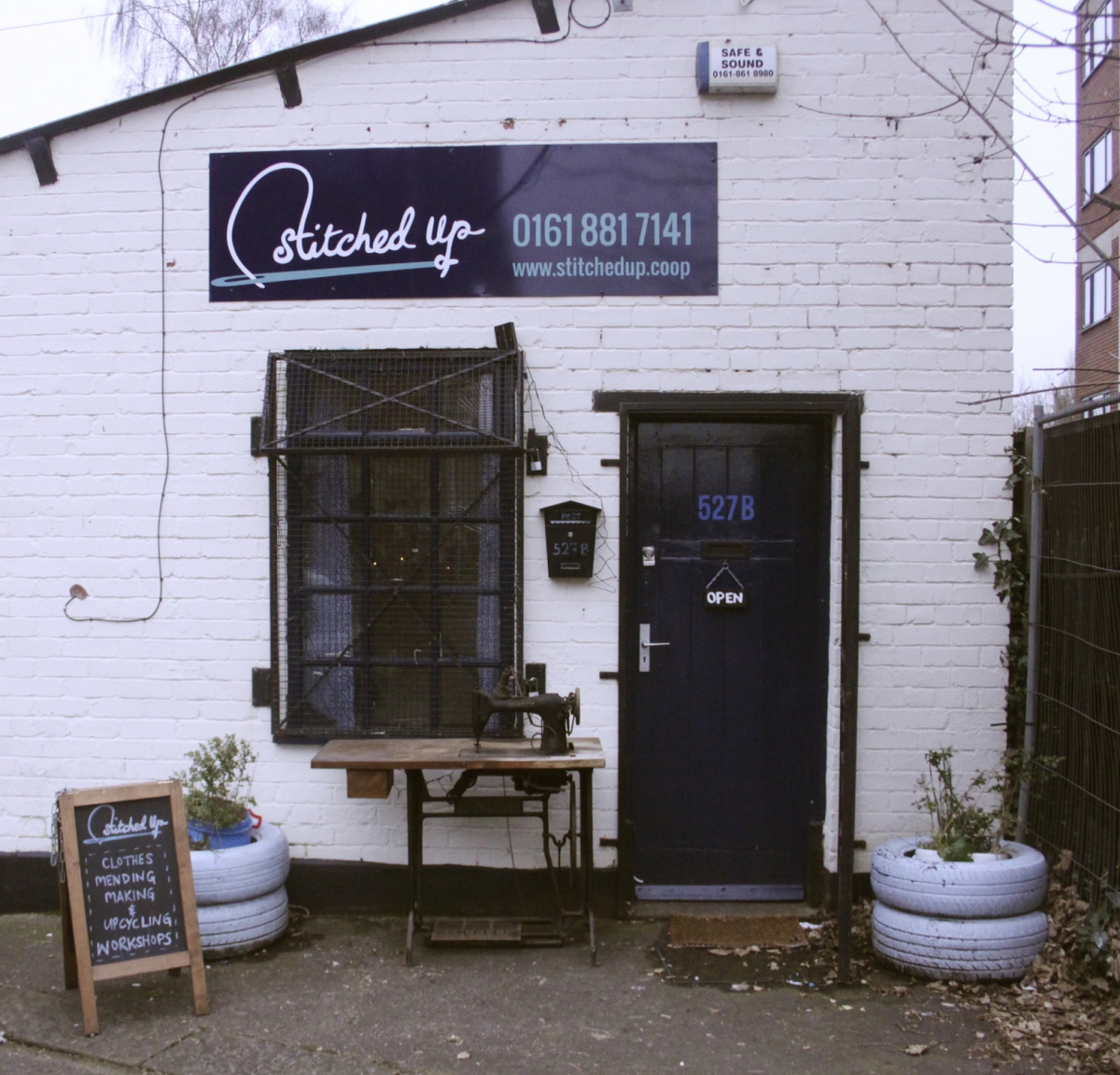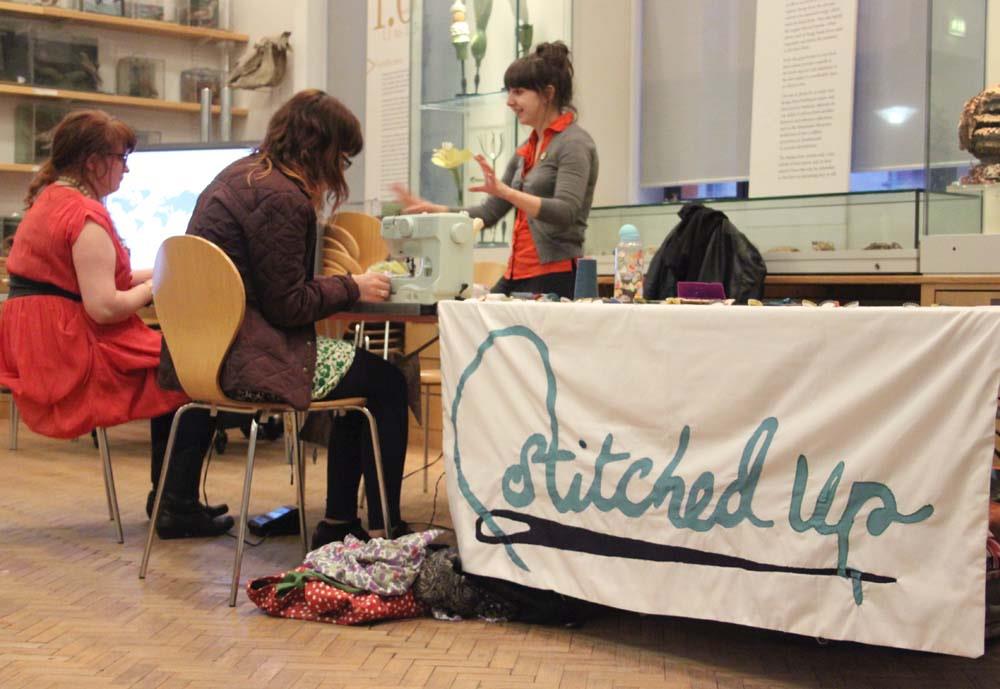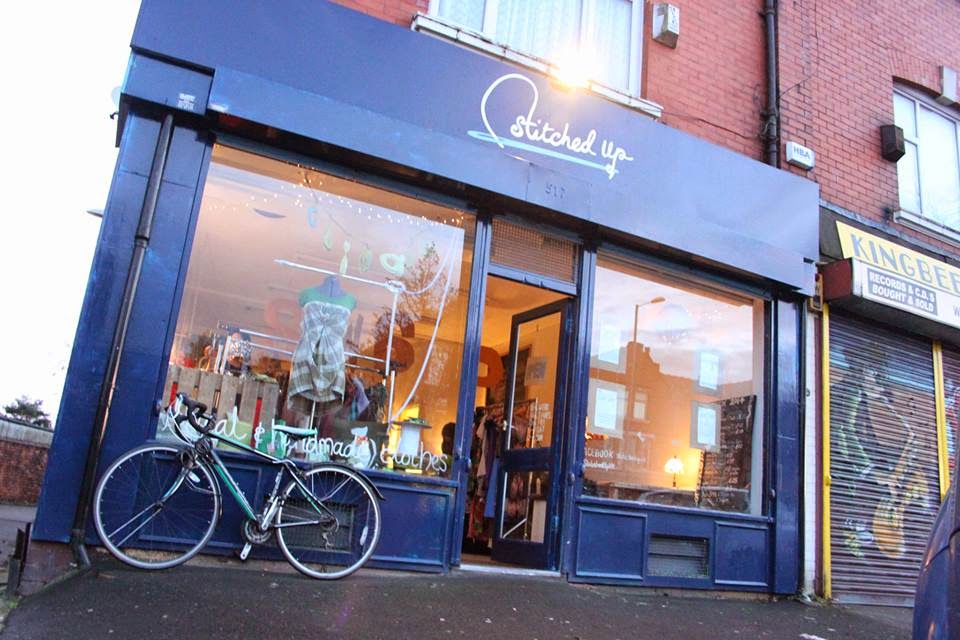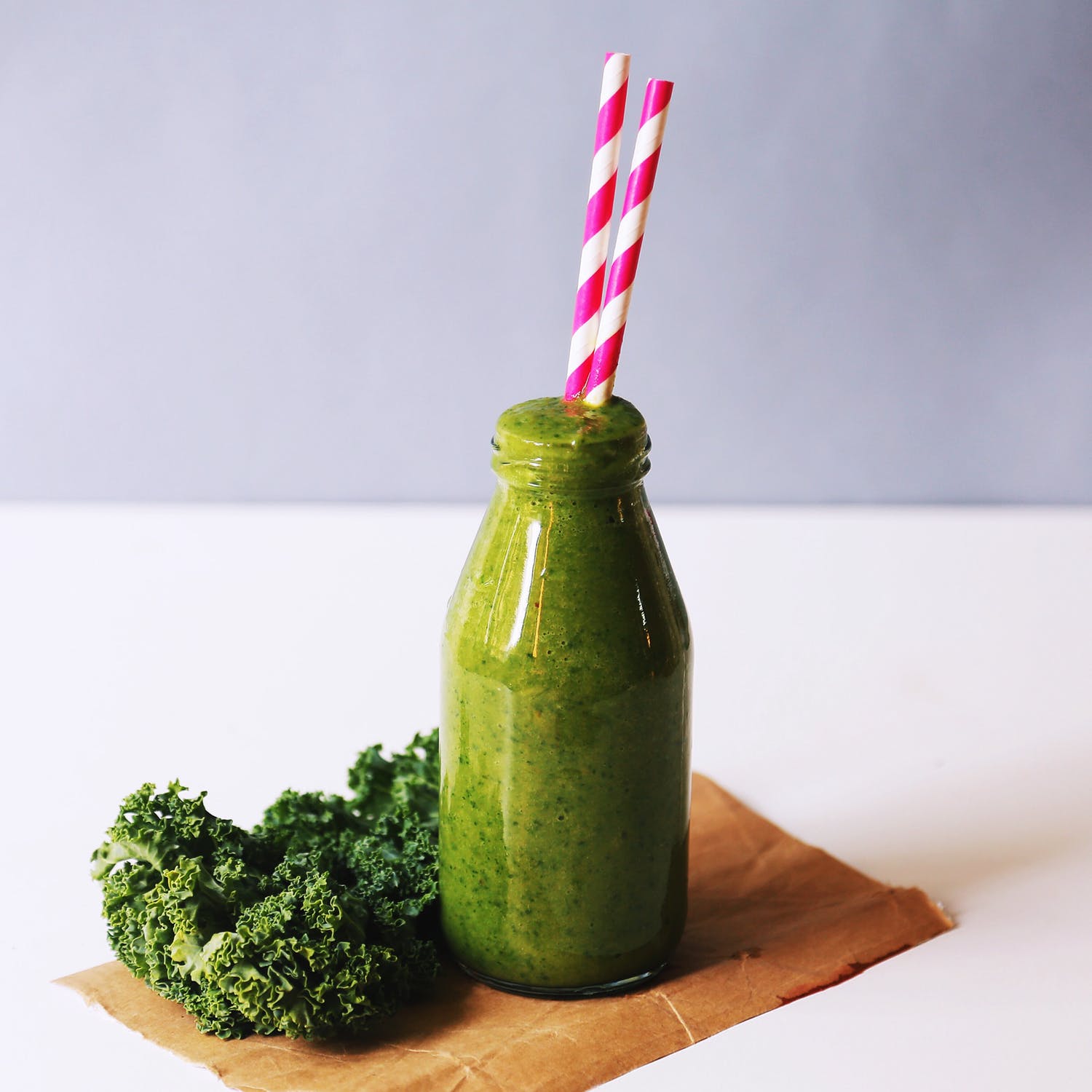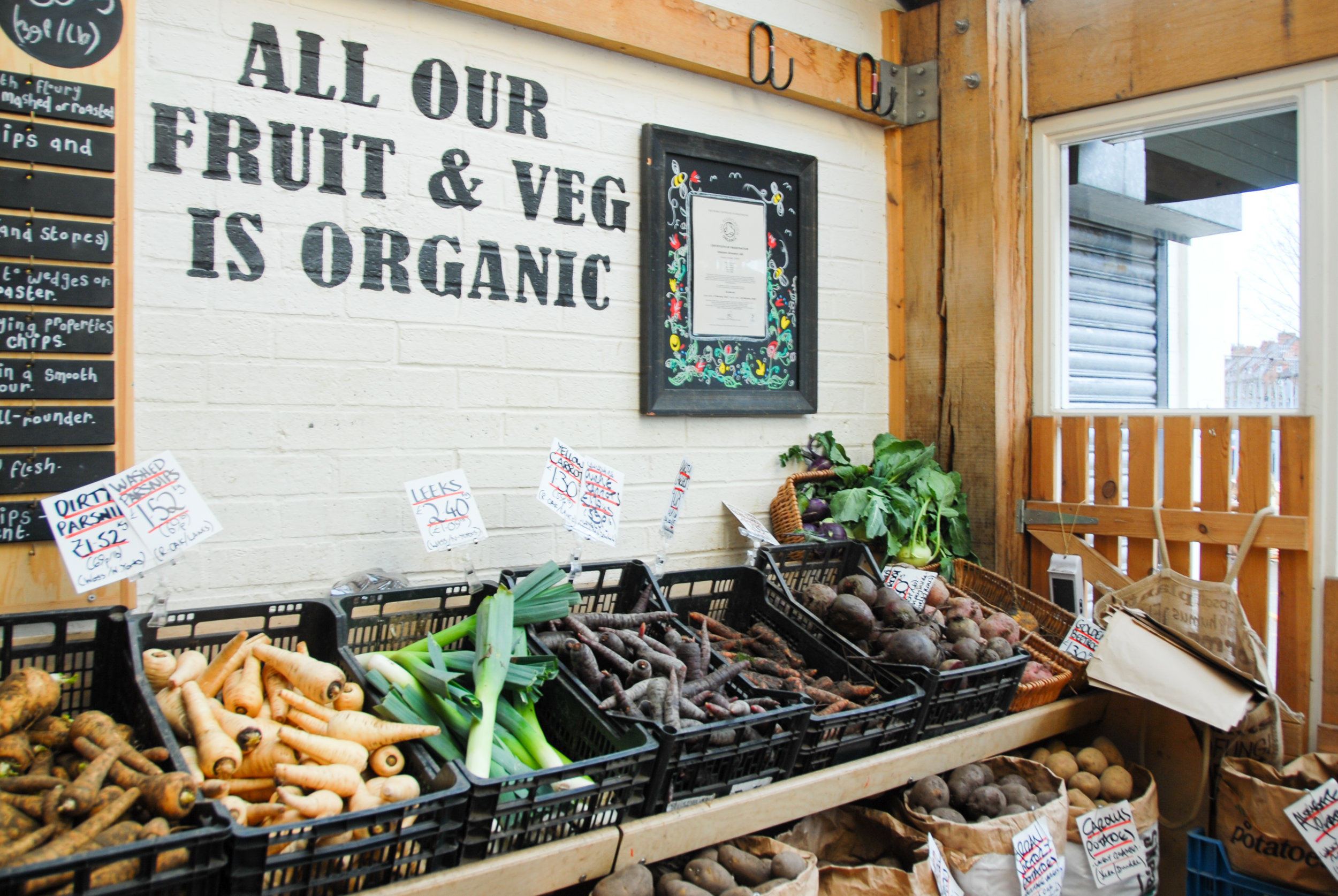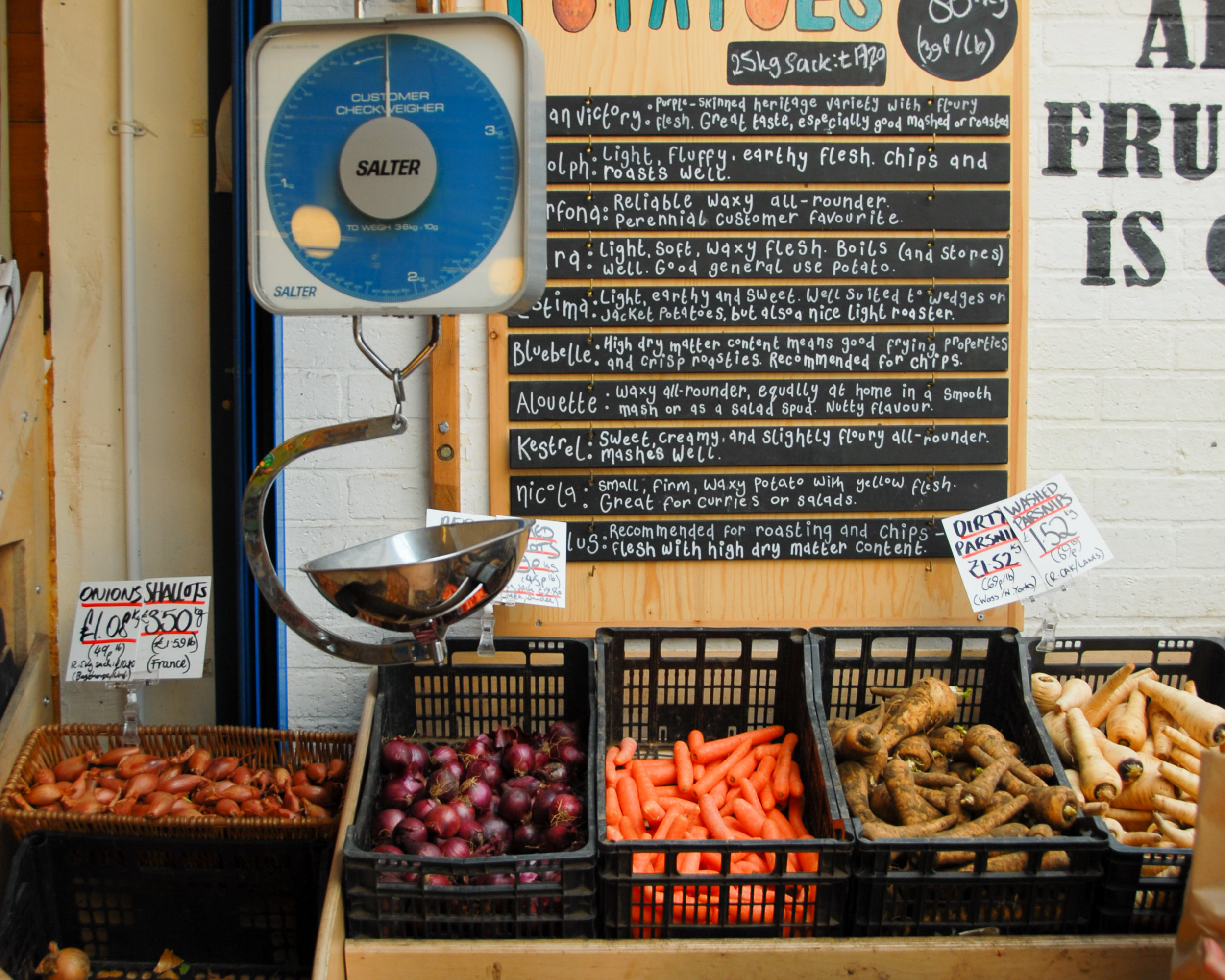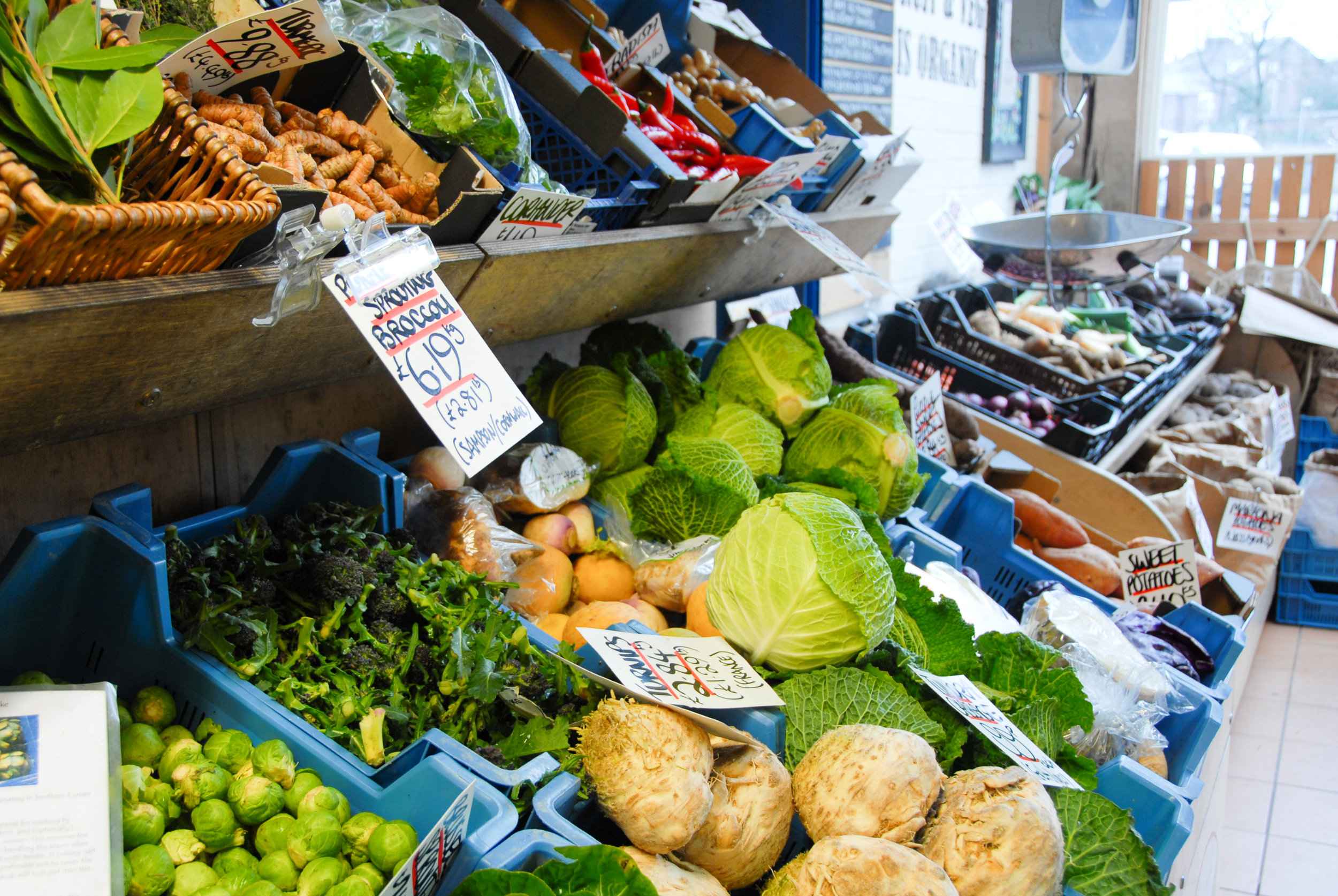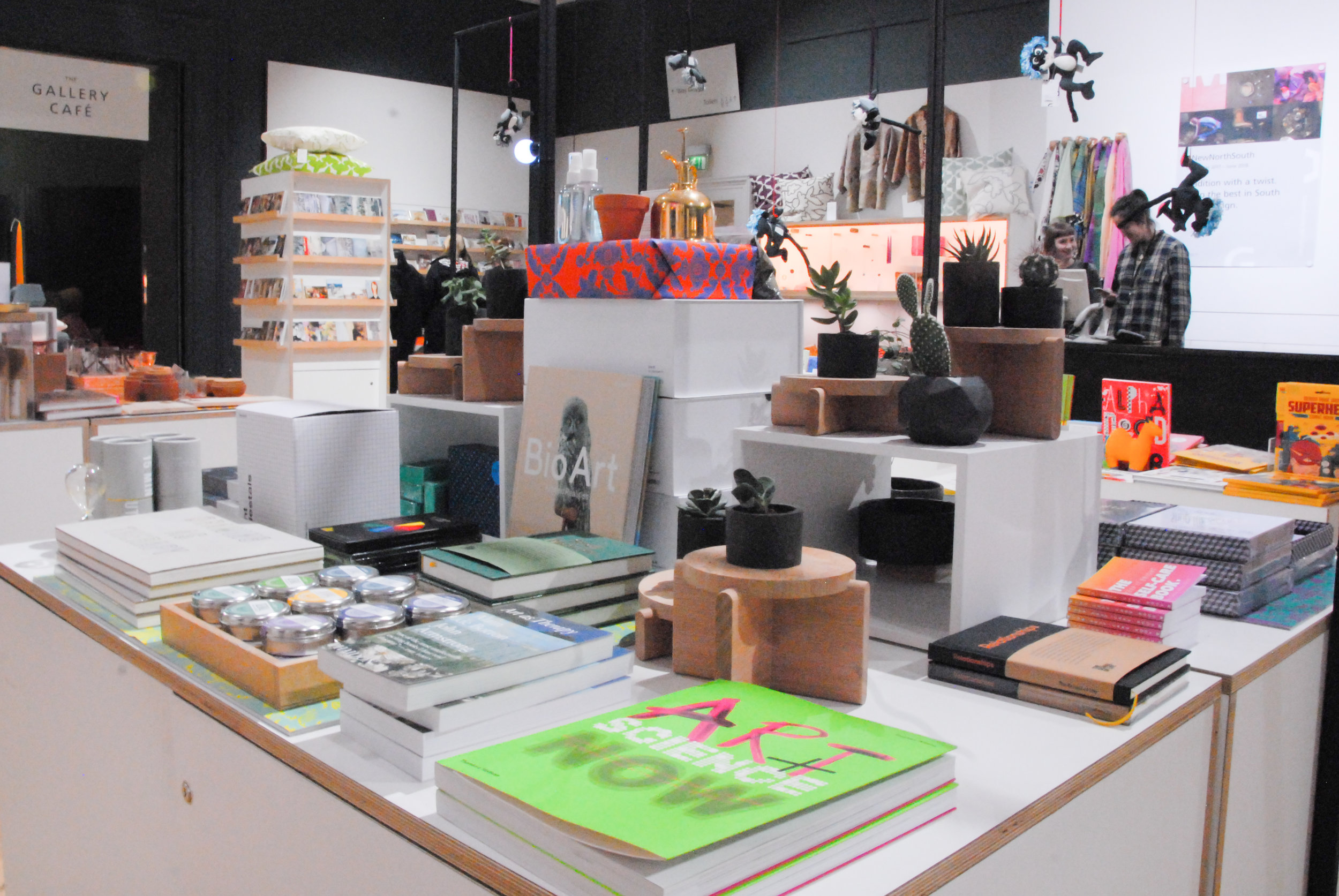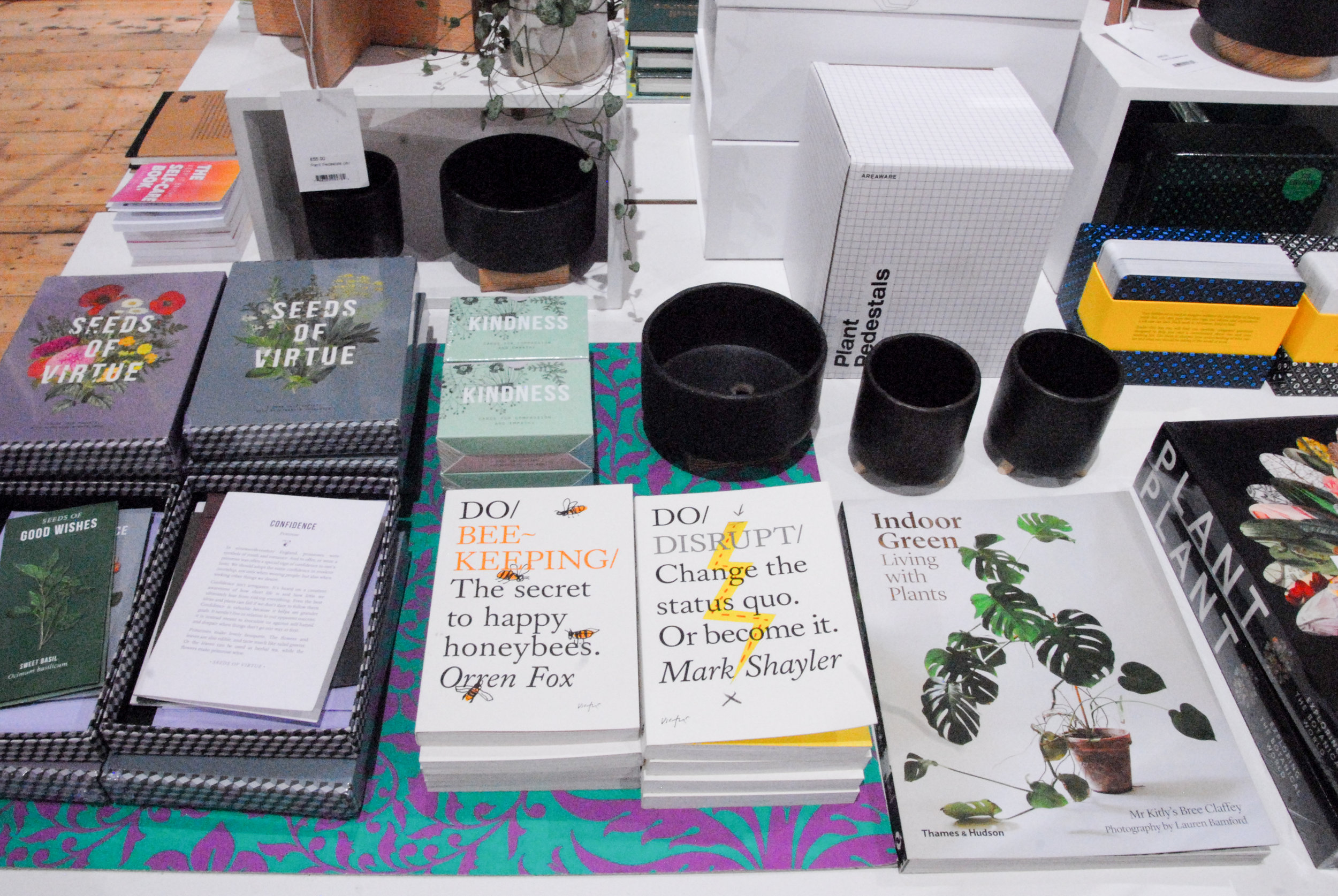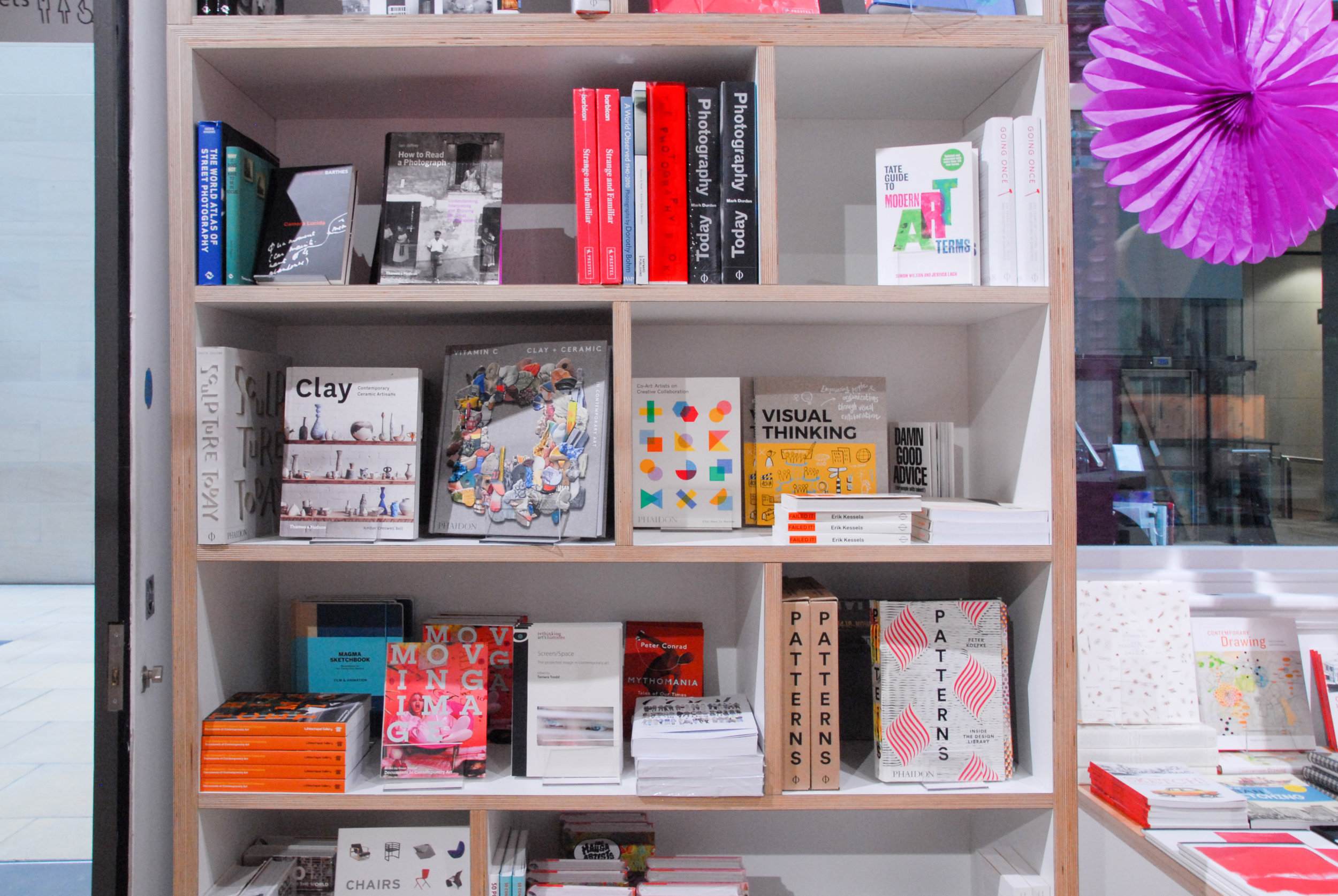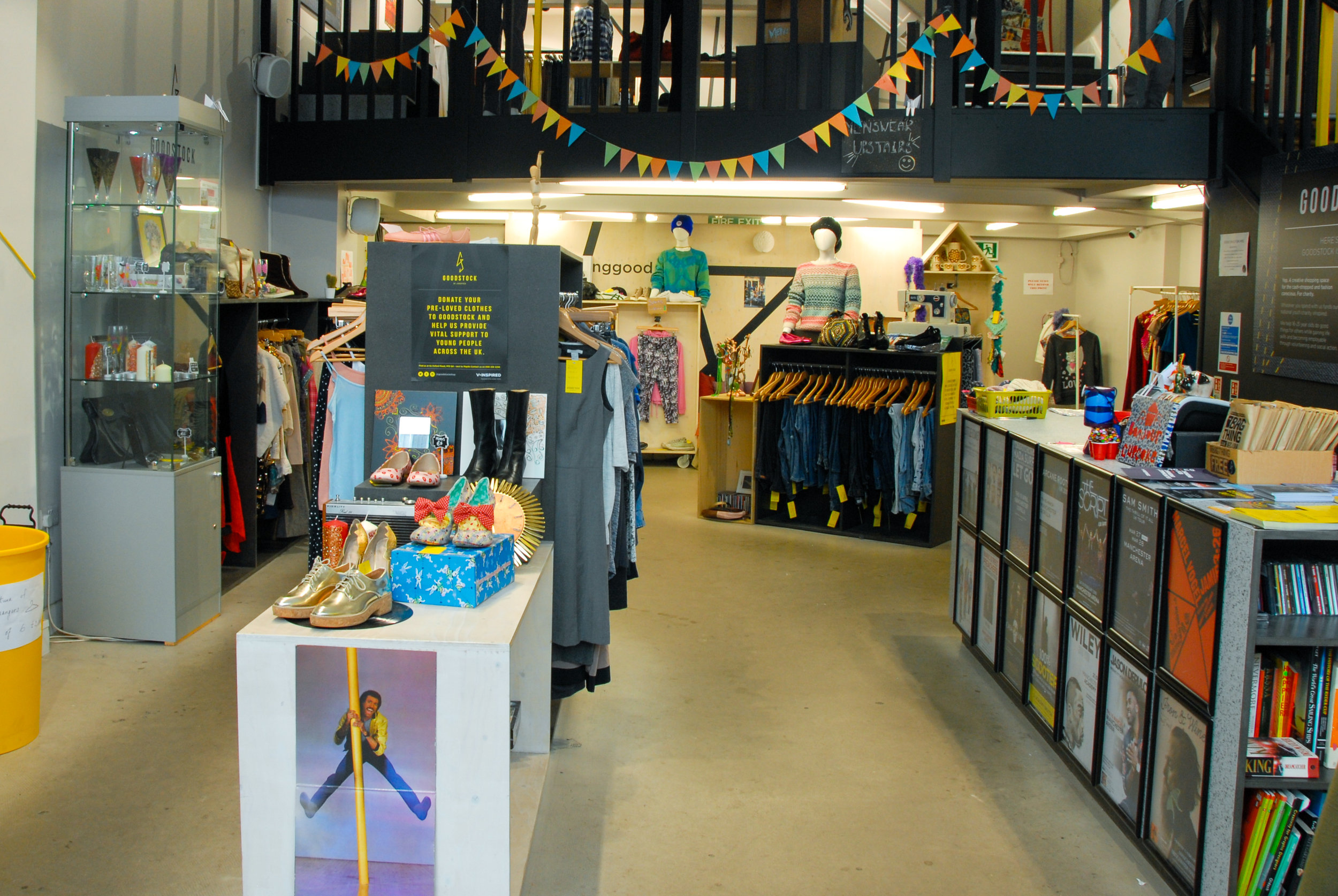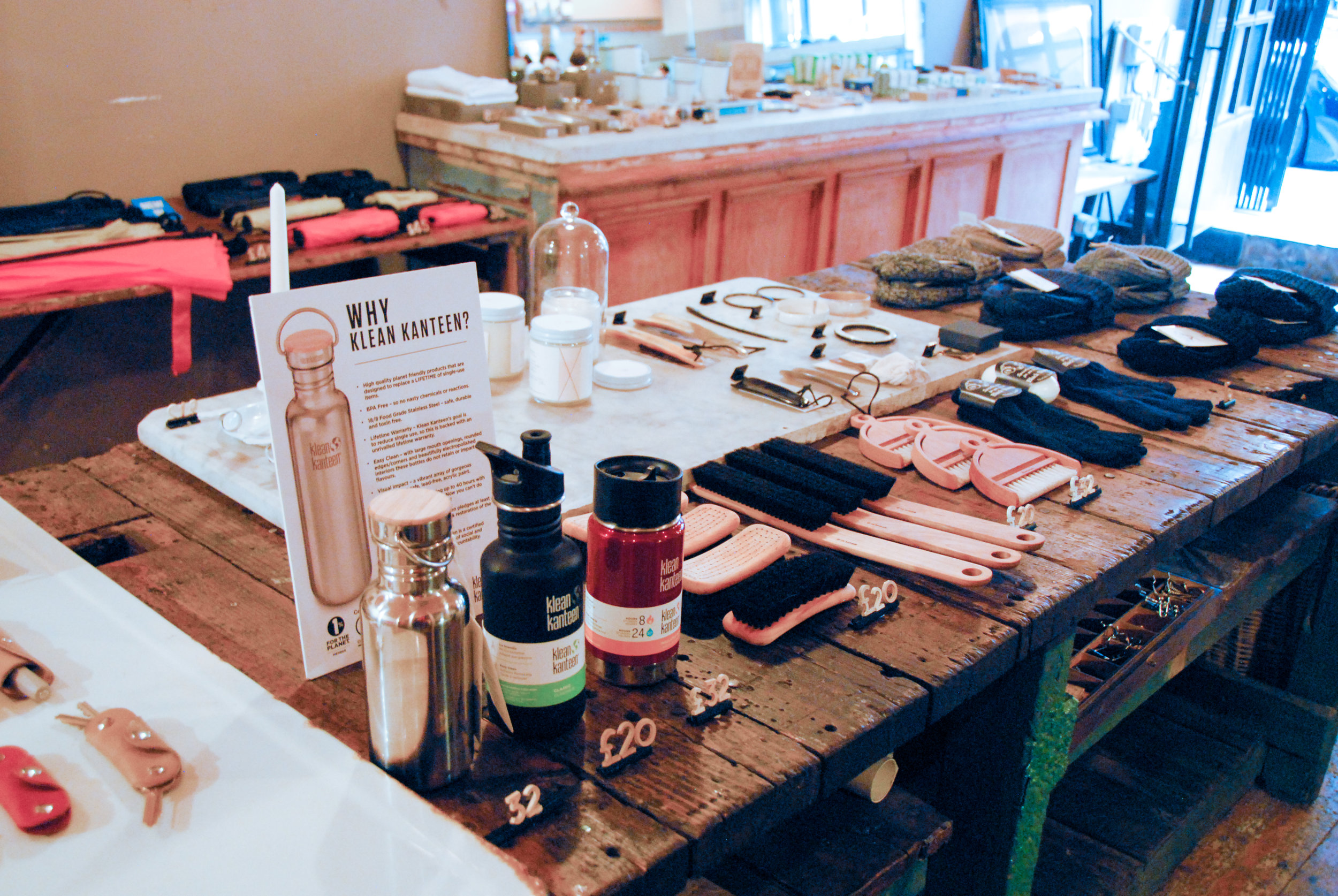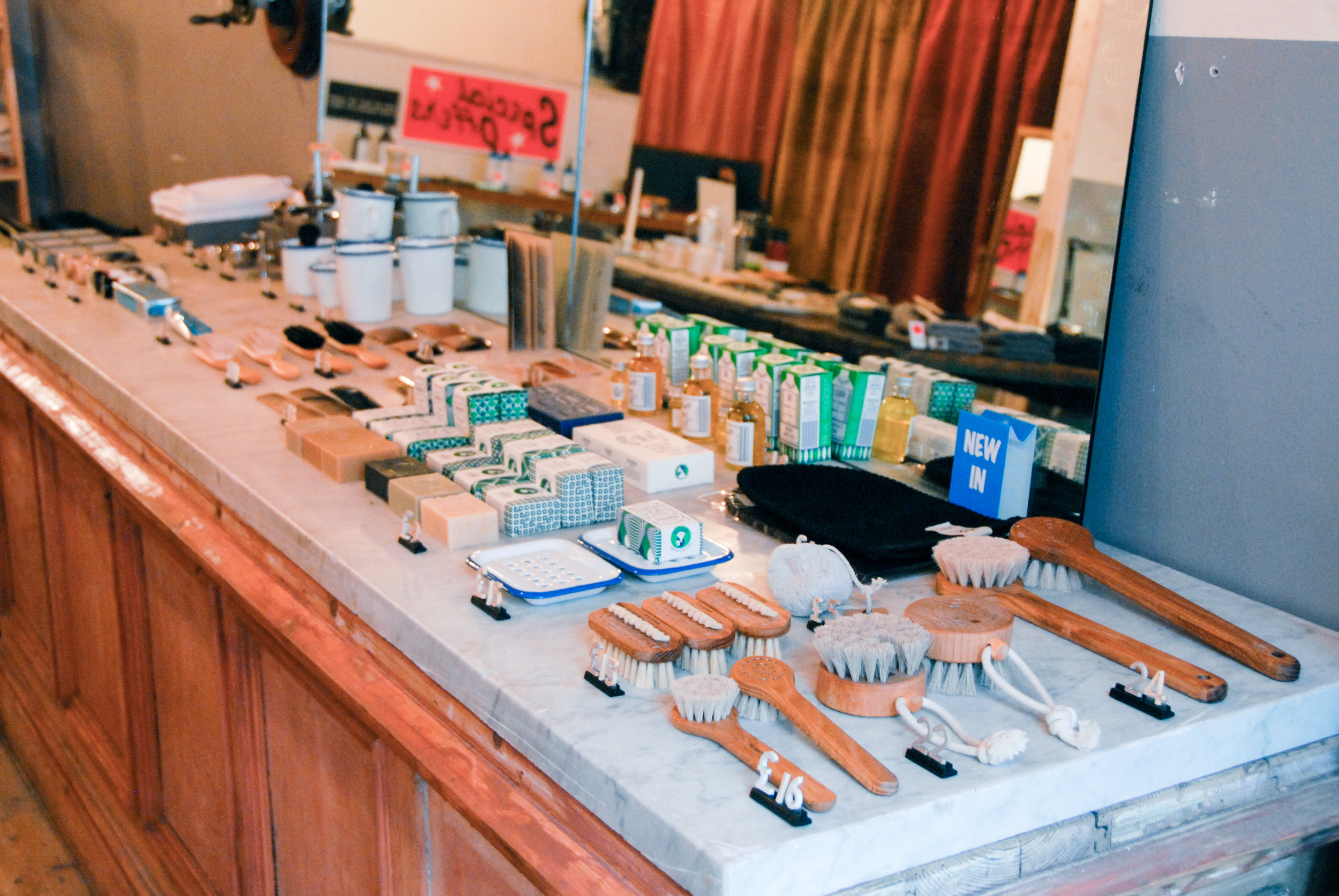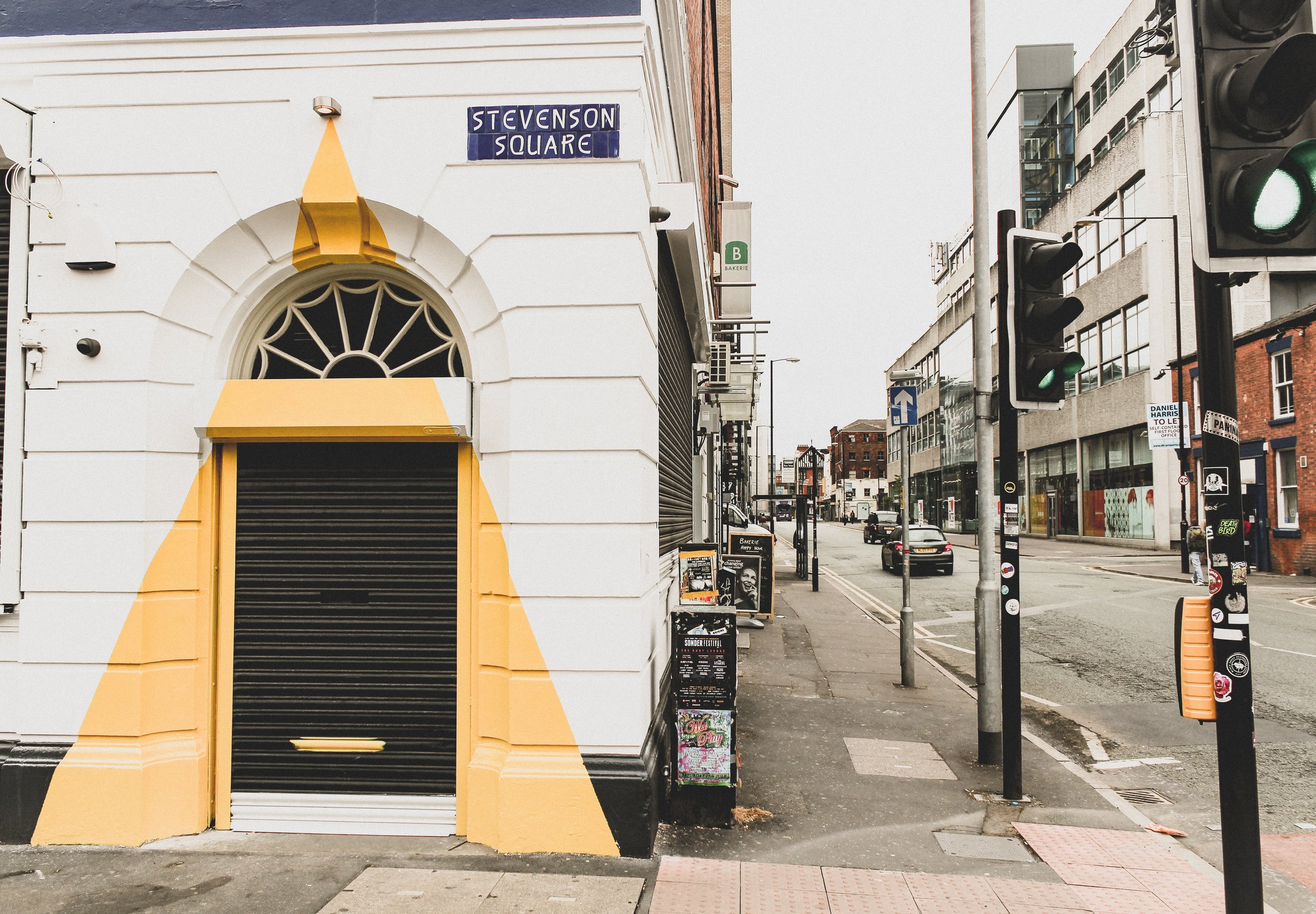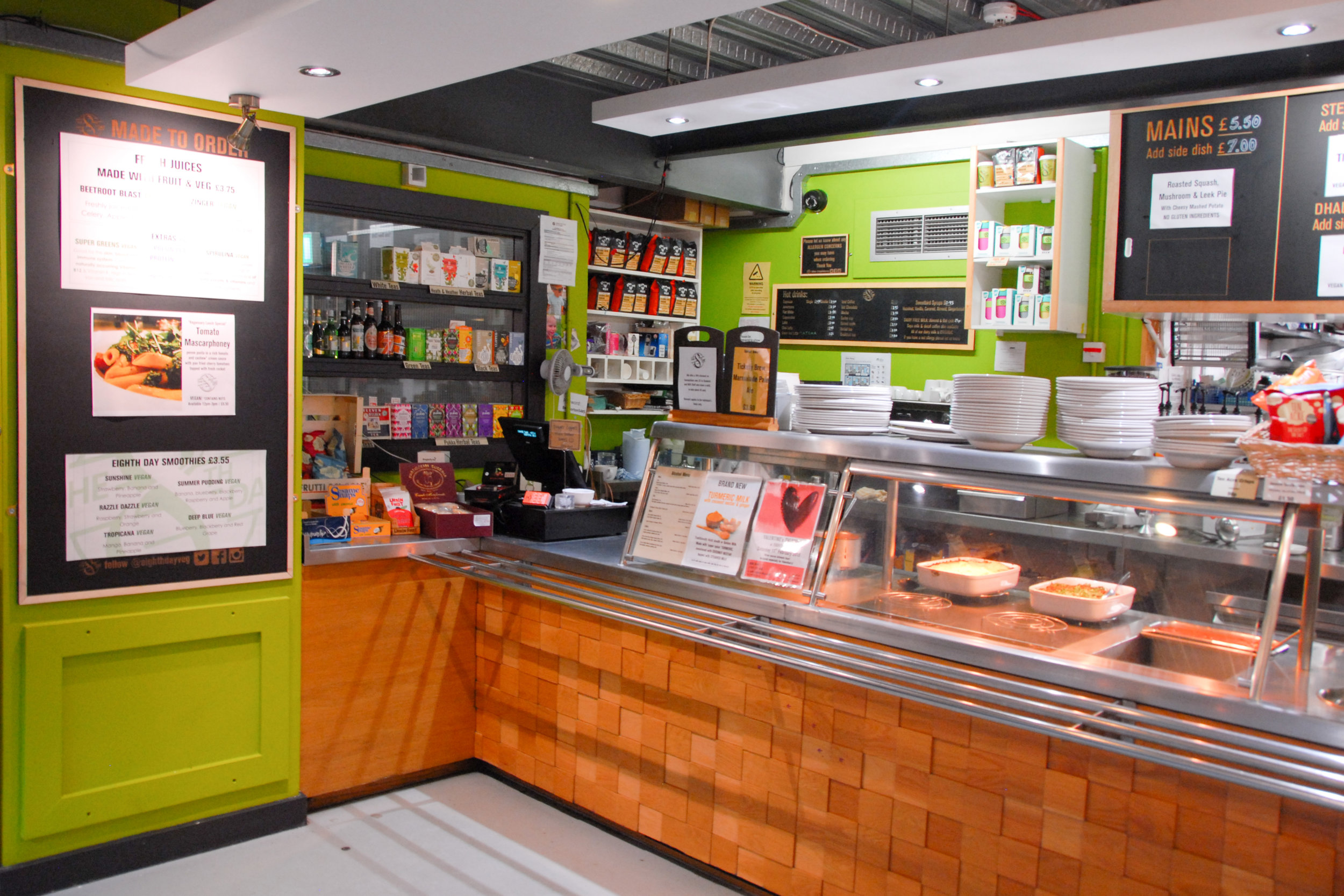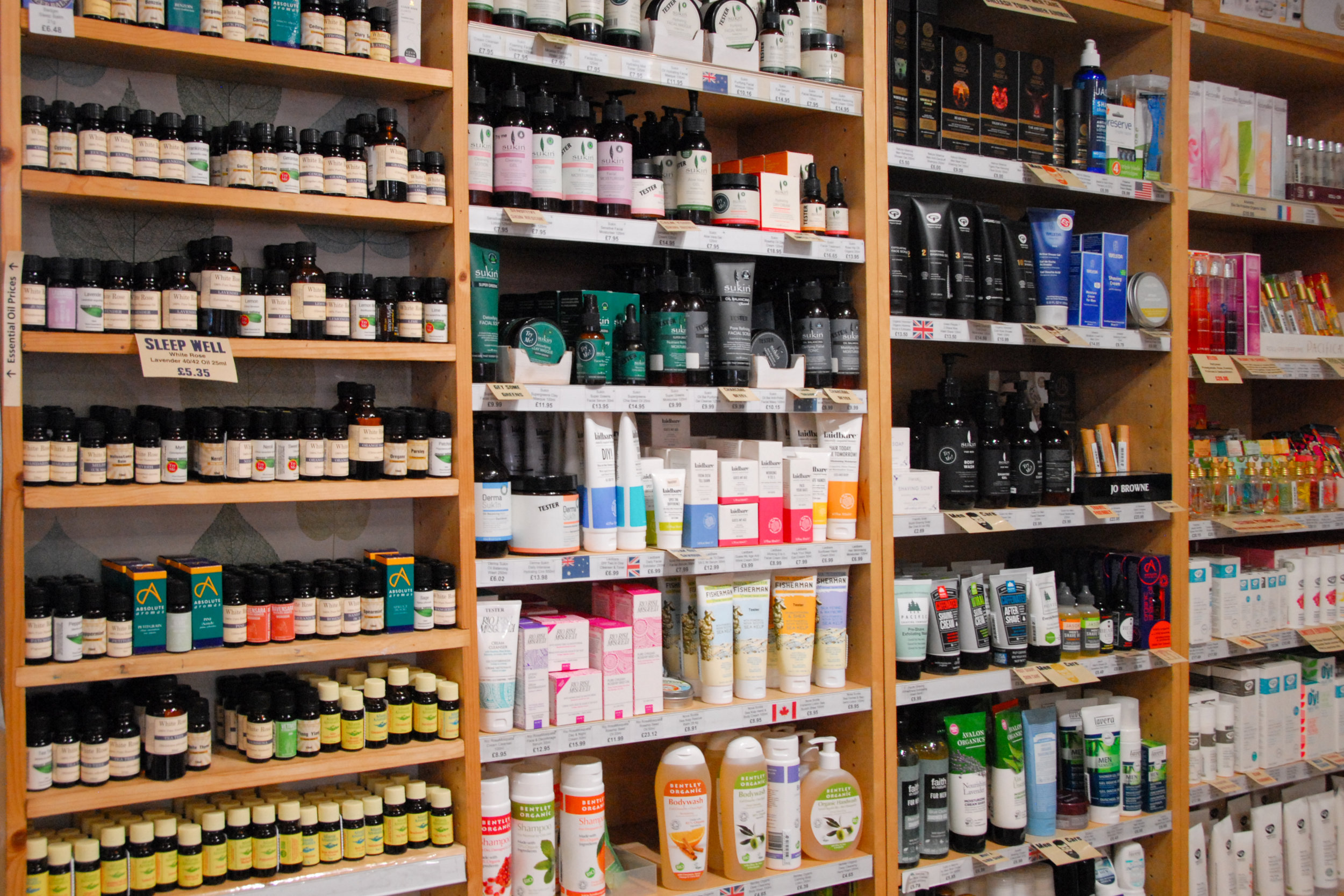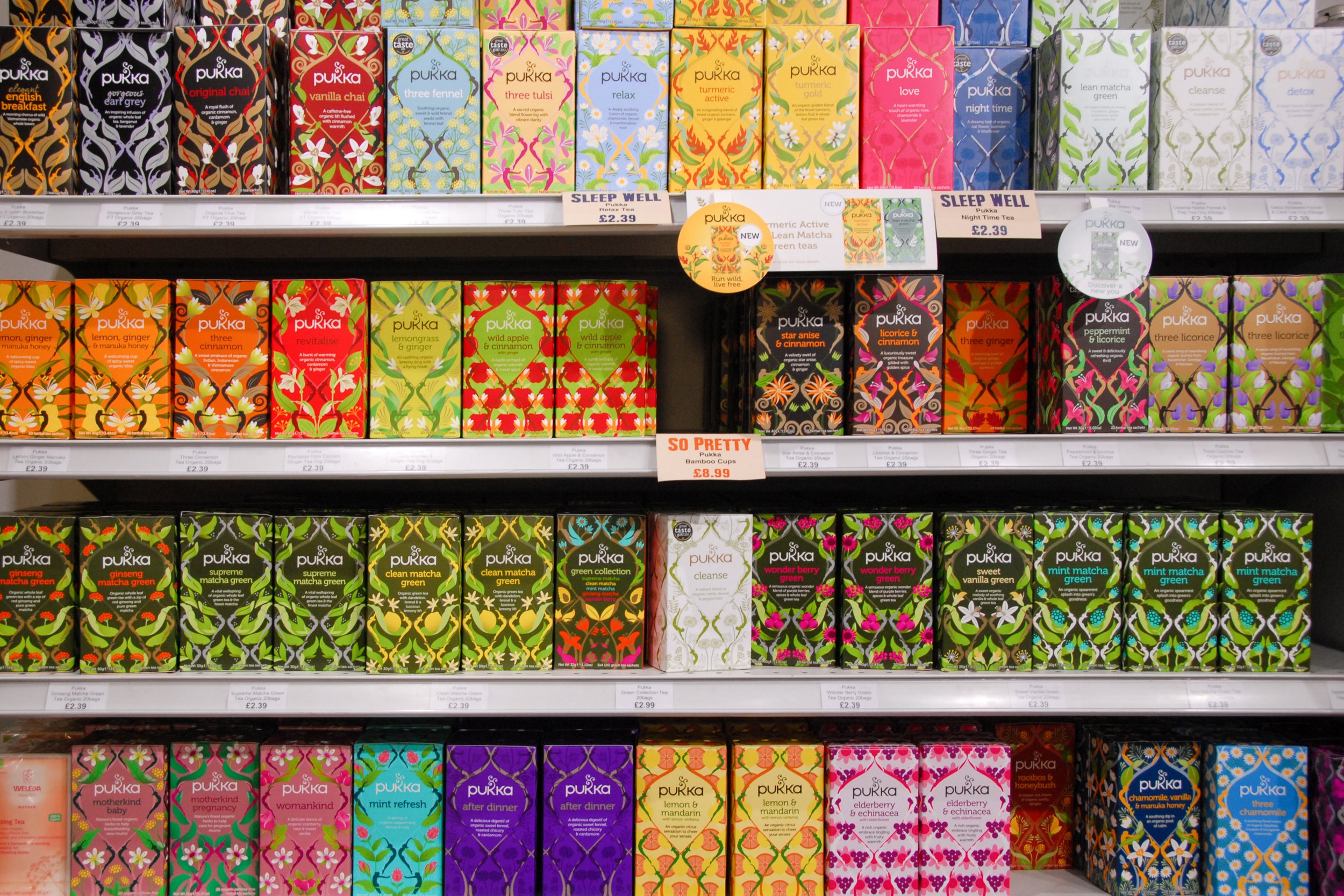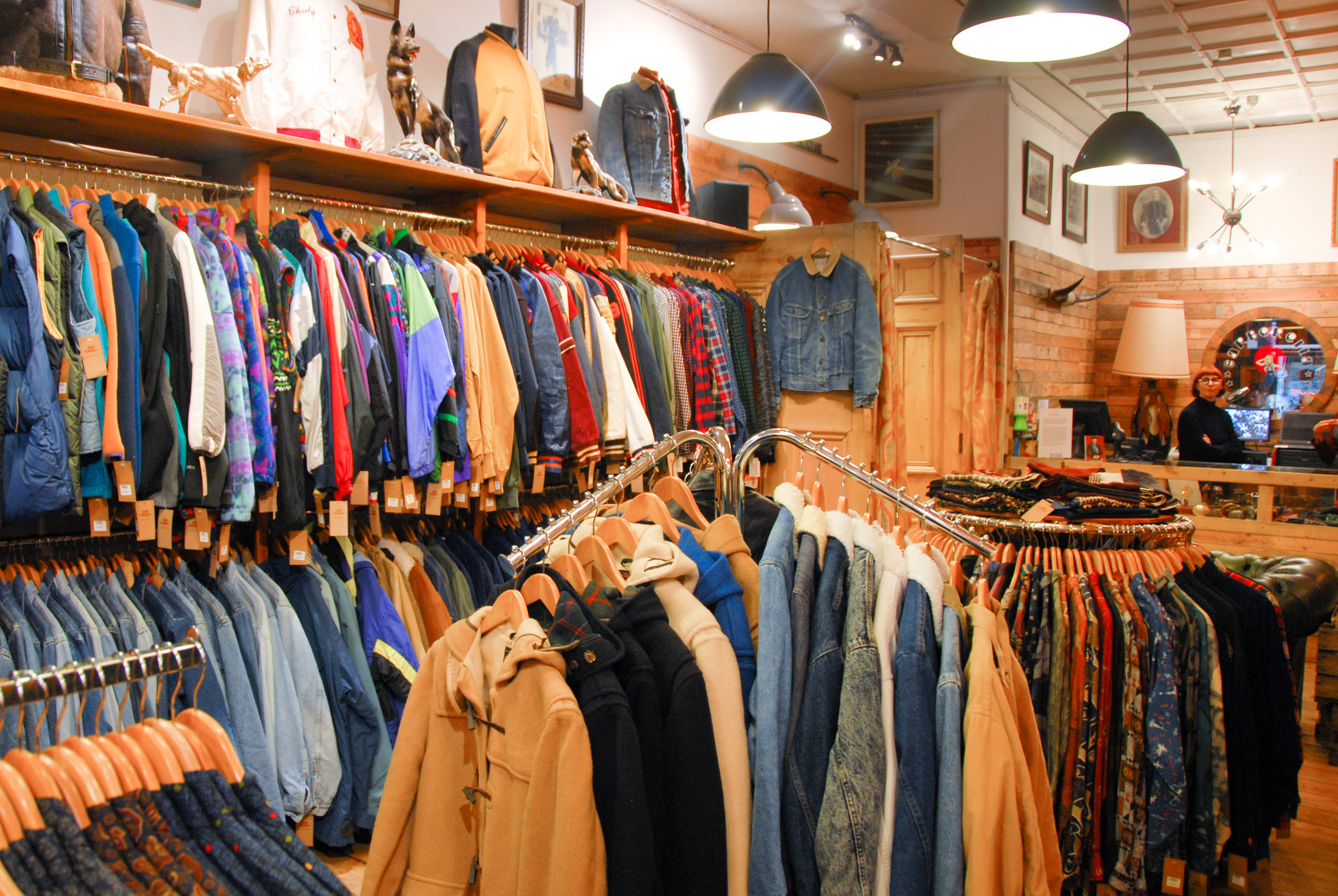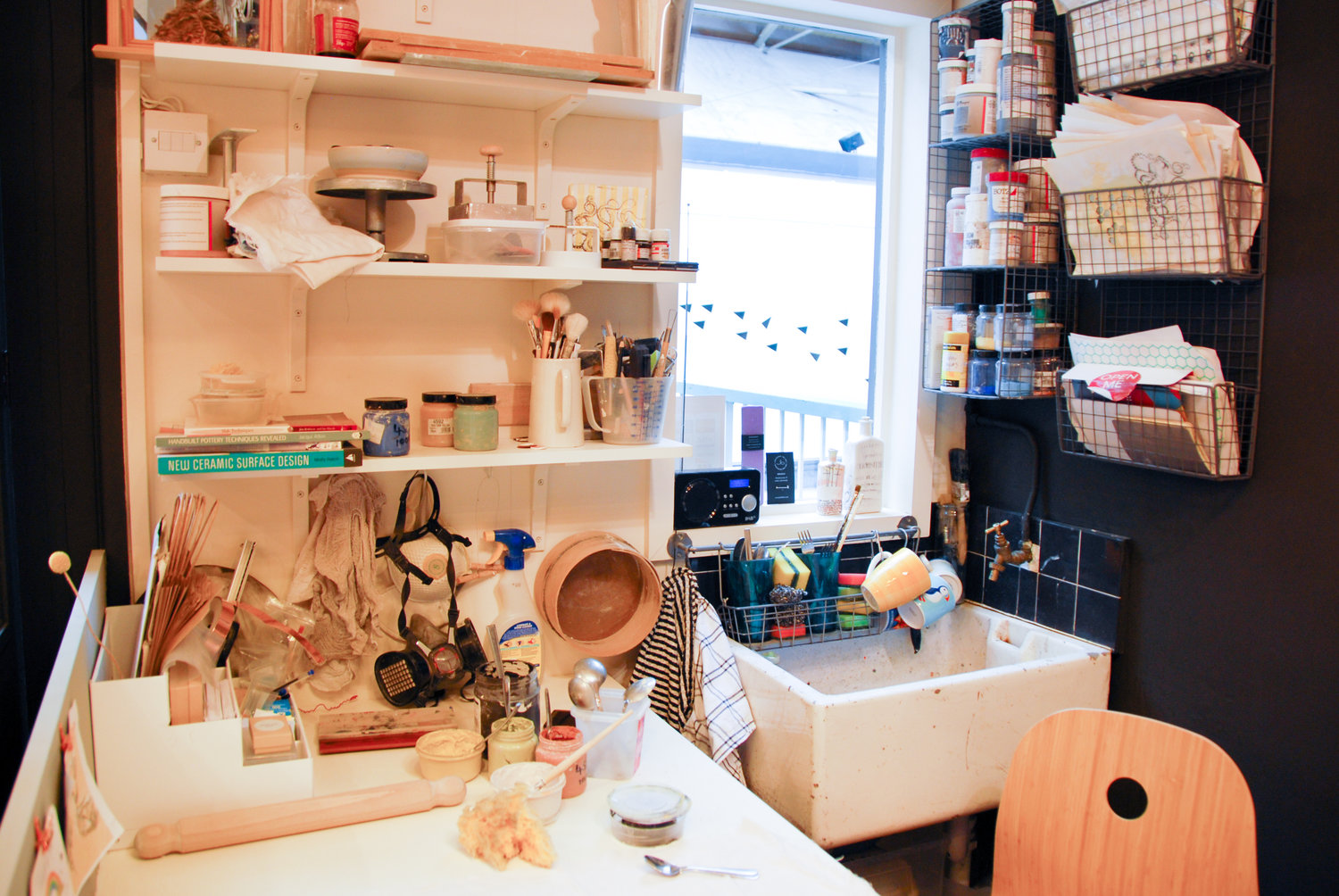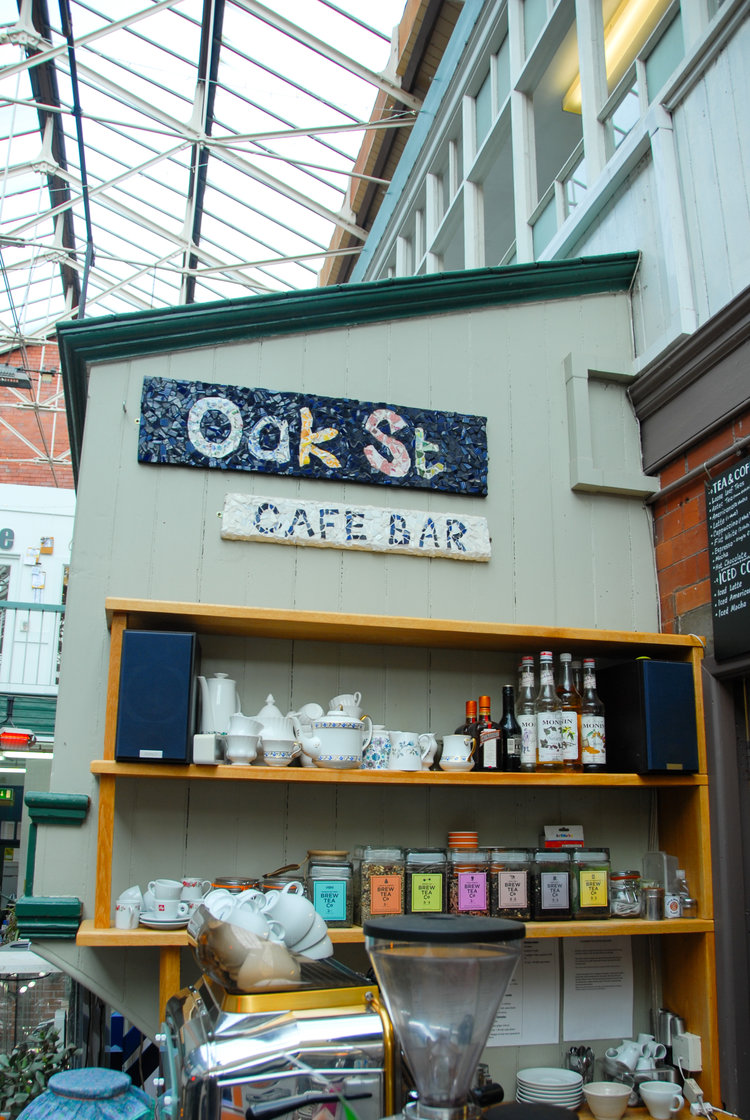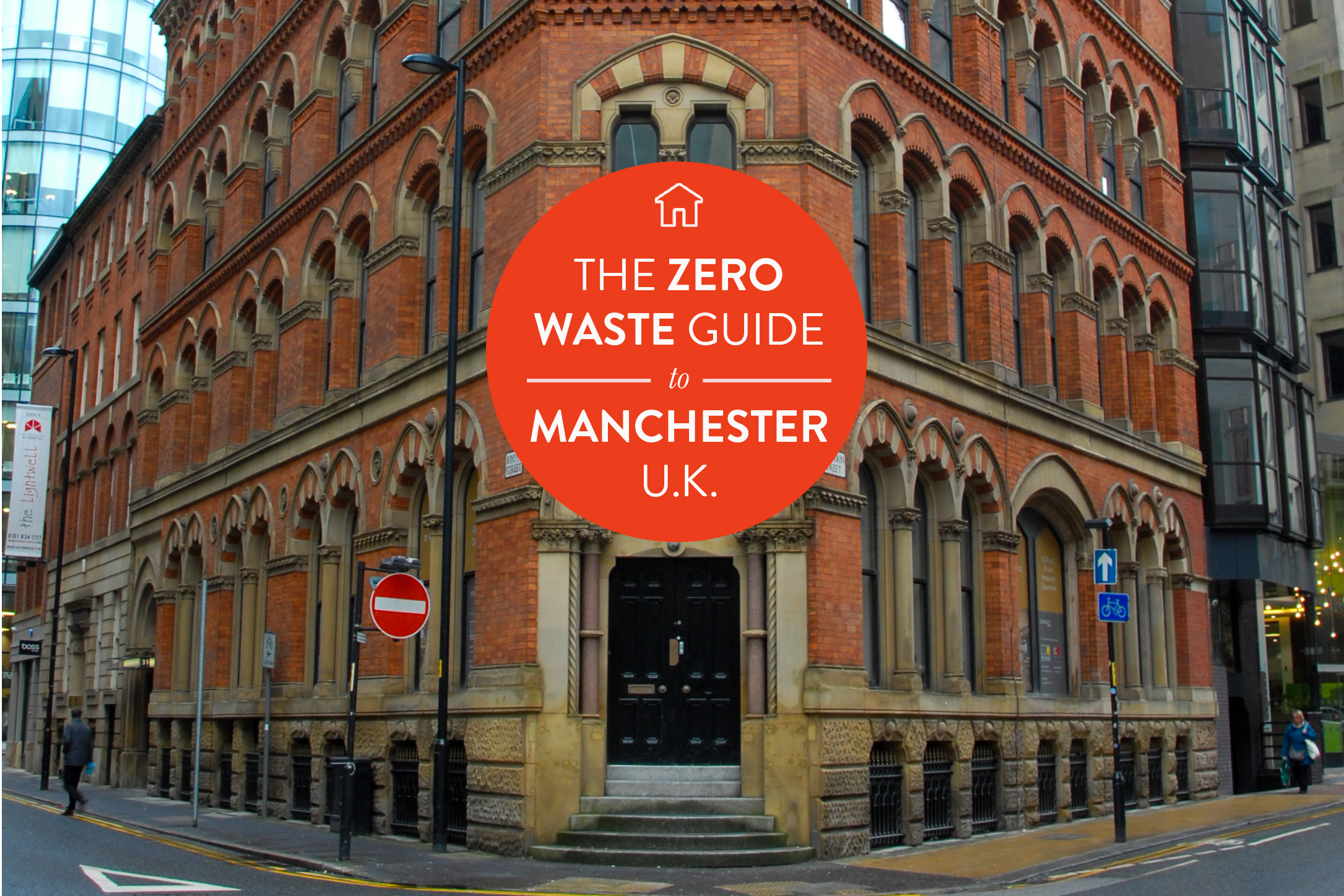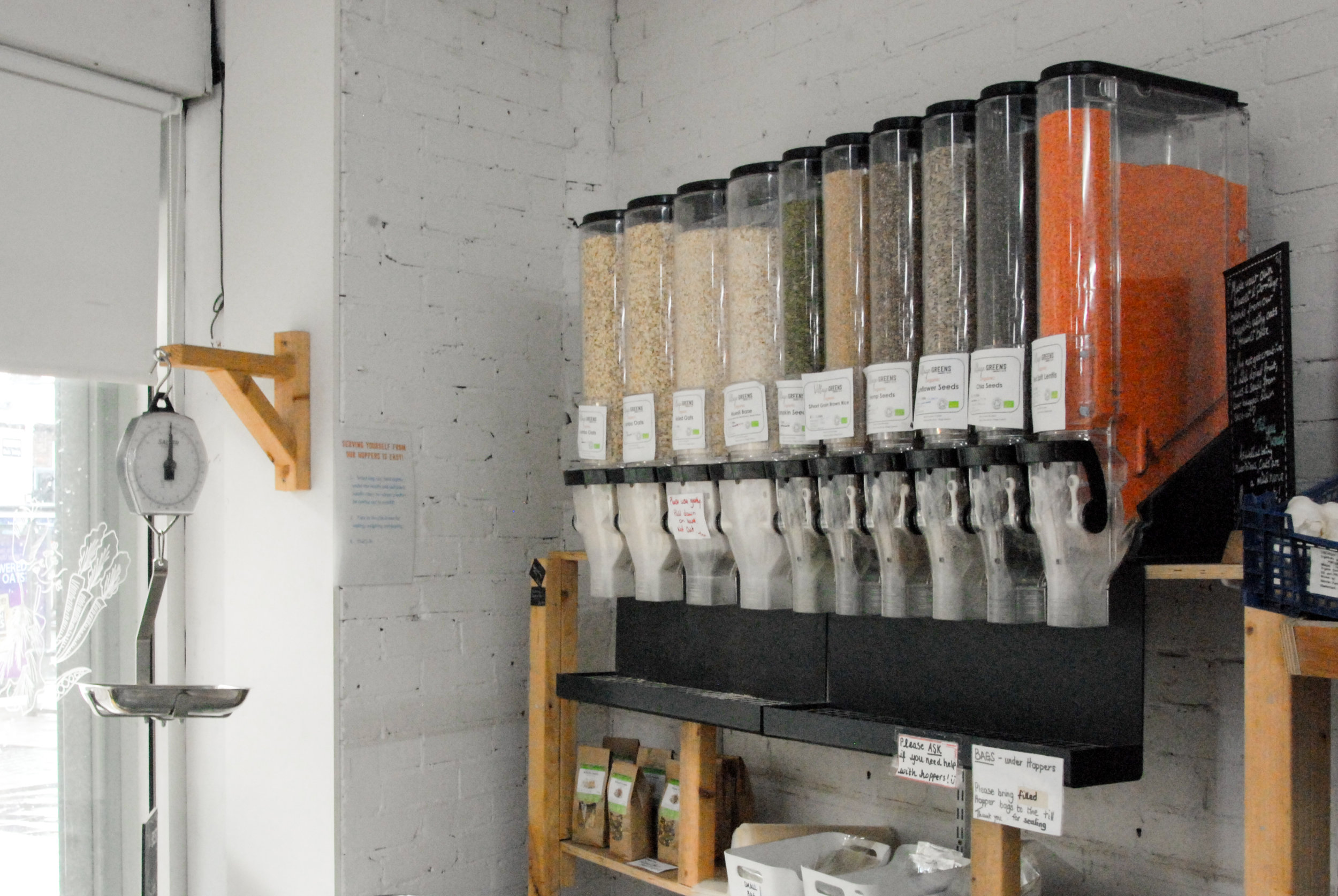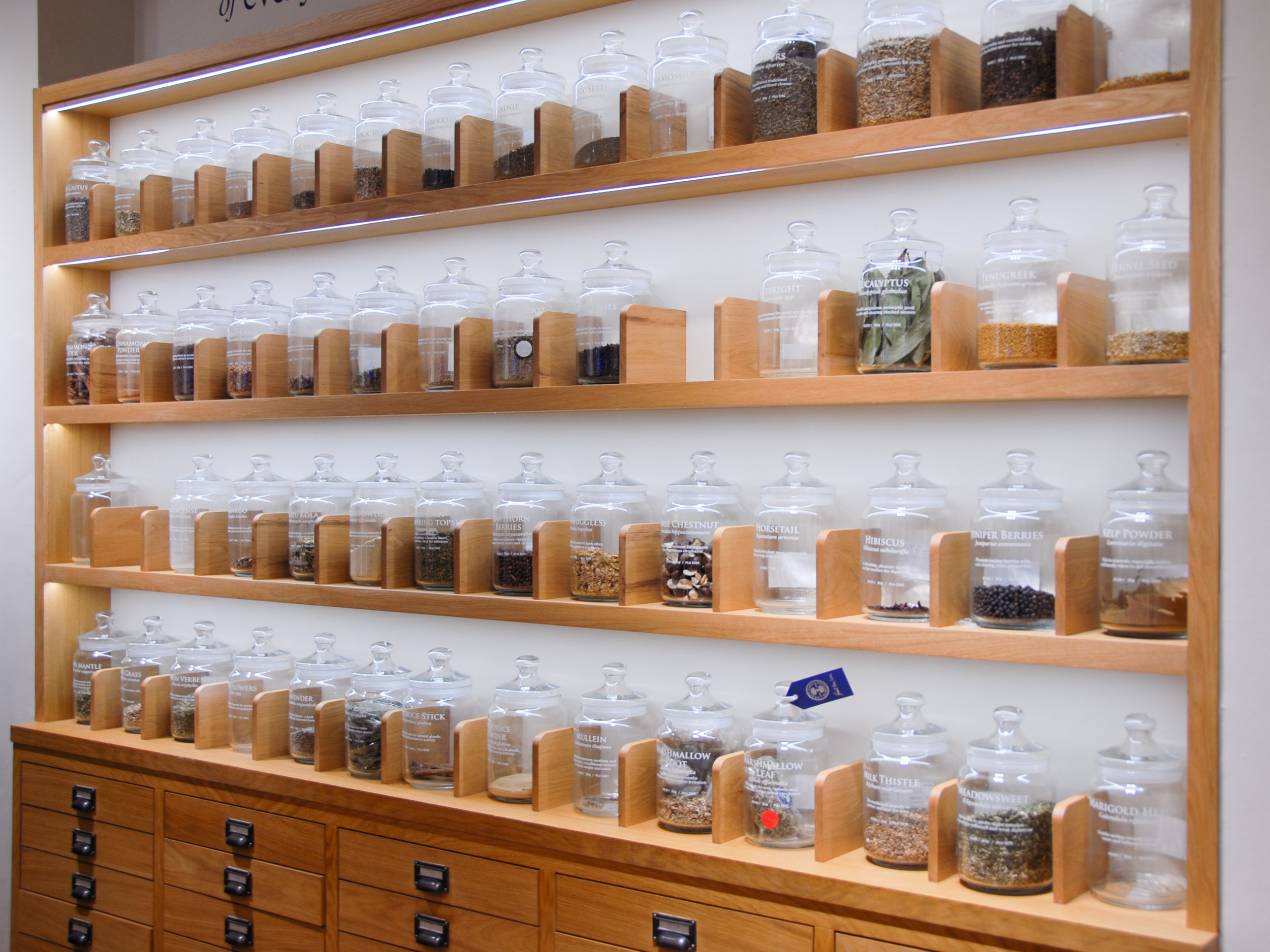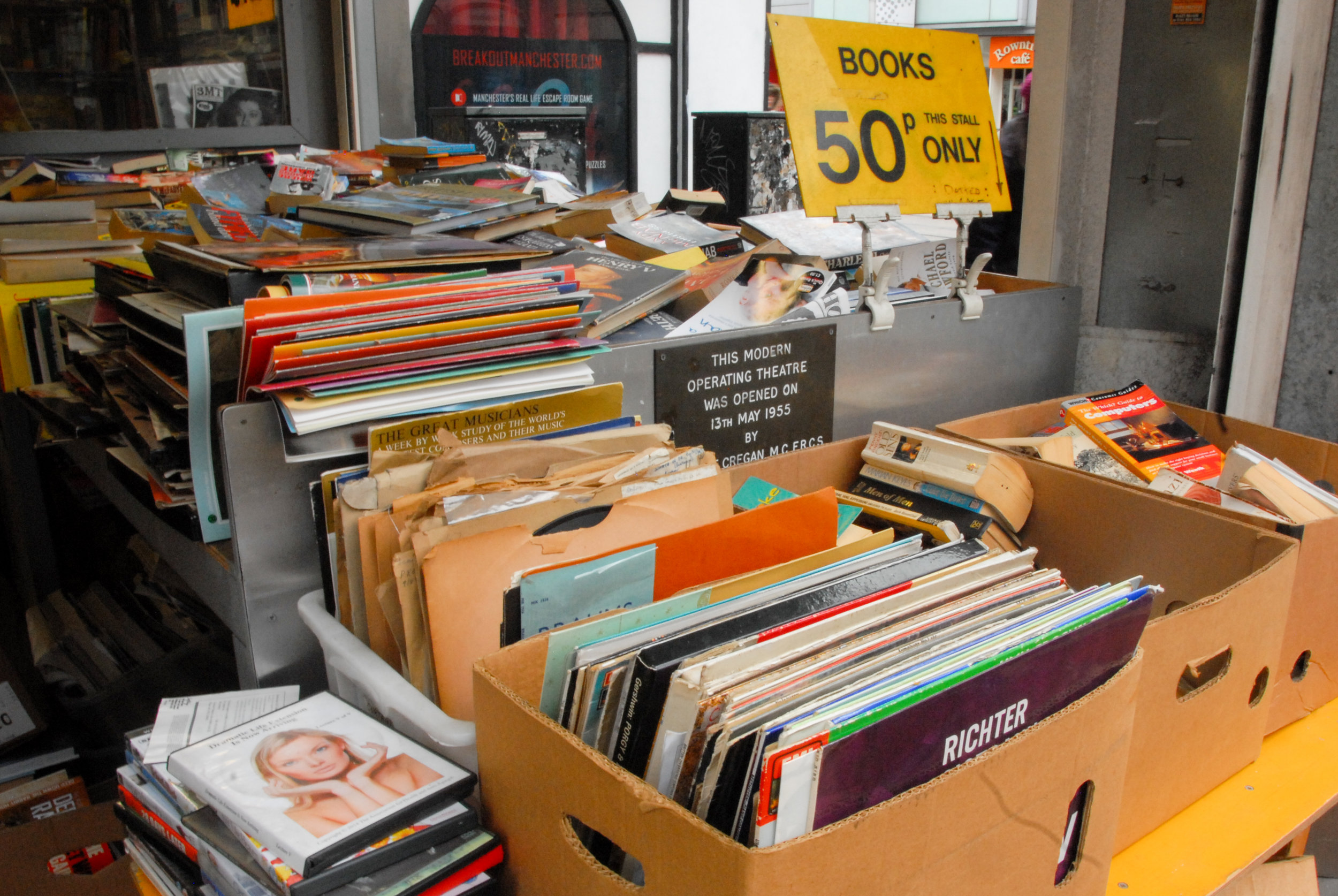‘How do I find work in the environmental sector’ is a question we are often asked by individuals who have been stuck in the corporate 9-5 rut for longer than they can remember, and by those who want to ‘make a difference’ both socially, and environmentally.
It’s a tough decision to make, leaving the job that has paid your mortgage for the last however many years, yet sometimes when we feel so trapped or so morally outraged that we have to do something, it’s the best time to act.
So, what can you do? How can you find that dream job and do your bit for the environment at the same time?
Well there are a few options, and here at Envirolution we love to help anybody who cares about the environment and the world we live in, so we’ve come up with our top tips for working in the environment sector.
Find a Cause You Are Passionate About!
It’s okay saying you want to work in the environment sector, but honestly, there are loads of different ways in which to be involved, so find a cause you care about and go for it!
And think about the skills you already have that you can put to good use.
Maybe you have an engineering background or you are a whizz at recording computer data, you may already have skills working with people or animals; the point is, think about those transferable skills that you already have and can put to good use in your next career move.
And if it’s something you care passionately about, AND you are making a difference, you will never feel like you will work another day in your life!
Want to find out more? Read on!
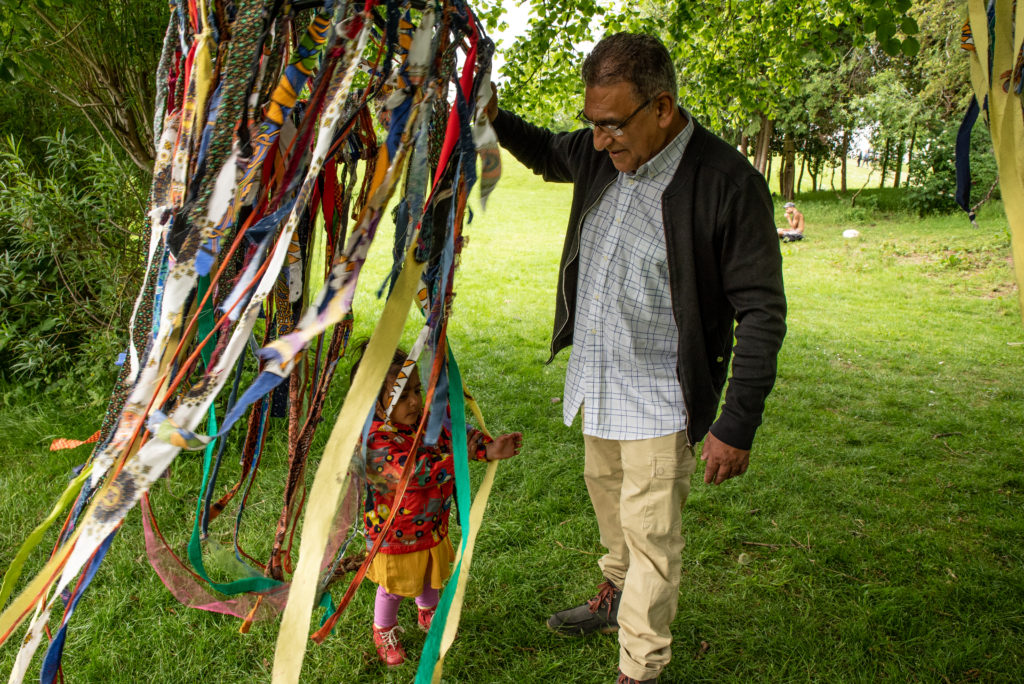
Volunteer
The act of volunteering for an environmental organisation can never be underestimated.
Firstly, you are under no pressure to meet unrealistic targets and you won’t have an unfriendly boss breathing down your neck checking up on your every move.
Secondly, you will get to meet lots of new and interesting people who like you, are enthusiastic environmental supporters and who can offer loads of advice and tips and share ideas with.
Thirdly you will probably get free training whilst you are volunteering that will look great on your CV in the future!
It’s also worth remembering, that volunteering does not have to take up lots of your time. If you have a spare couple of hours a week many organisations would bite your arm off, (metaphorically anyway!), including here at Envirolution!
And you honestly never know where it might lead in the future. There is nothing to lose through volunteering, yet everything to gain!
Go Get a Qualification
If you are really serious about wanting to work in the environmental sector it may be useful to go back to education and get yourself a qualification.
You can do this in a variety of ways; check out your local colleges and training providers. Have a look at the Open University, although this will invariably include fees, but you may qualify for student loans or financial support depending on your personal circumstances.
There are also a variety of organisations which offer specific training for the Institute for Environmental Management and Assessment qualifications. You can check out IEMA here; they offer loads of advice and resources for people interested in sustainability, as well as events and webinars that people can sign up to.
Sign up to Receive Job Alerts and Newsletters
If you are really serious about working in the environmental sector, you will need to improve your understanding of the industry as a whole and get to know what’s out there, the latest facts and figures and up and coming projects, and the best way to do this is to do your research!
Sign up to websites such as The Carbon Literacy Trust who offer excellent research and impact assessment papers for you to boost your knowledge and who can lead you on to other areas of information.
Or check out Green Jobs, where you can create a job alert, upload your C.V. find out who is recruiting and more, so that you are again positioning yourself in the heart of the environmental sector. You may not be ready to apply for jobs just yet, but there is no harm getting yourself ready for when the time is right!

Step Outside your Comfort Zone and Don’t Give Up!
It’s really okay to go for it you know! Okay so it may be different to everything you have done before, but remember those transferable skills? They will see you through, and a desire to succeed and means you may be more employable that somebody with experience!
You never know what an employer is looking for, but be realistic of course, whilst it’s great to be enthusiastic and determined, don’t apply for jobs that have specific requirements that you don’t yet meet, you will only set yourself up to fail, and that will leave you demoralised.
Stay motivated by getting your foot in the door, work out if you can take a salary cut if you have to, and check out those volunteering opportunities that may give you a way into an organisation that is otherwise unattainable.
Contact Us!
We may not be able to offer the job of your dreams, but we can certainly chat to you about your options and offer advice about how to work in the environmental sector.
We may even have volunteering opportunities that might interest you! We are always on the lookout for talented individuals who have the environment and social responsibility at their heart, and if you are looking to be part of our 10th anniversary than why not contact us here?
Good luck! Working in the environmental sector is always going to be rewarding and you will be making a difference no matter how big or small, the opportunities are definitely out there, you’ve just got to be the one that takes them!




